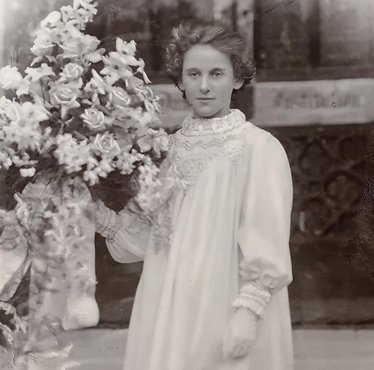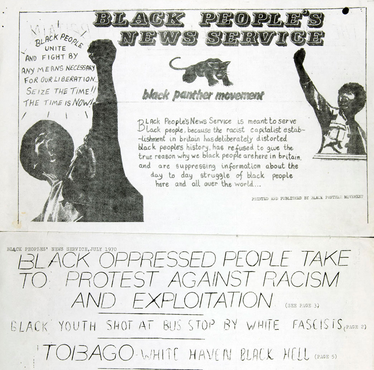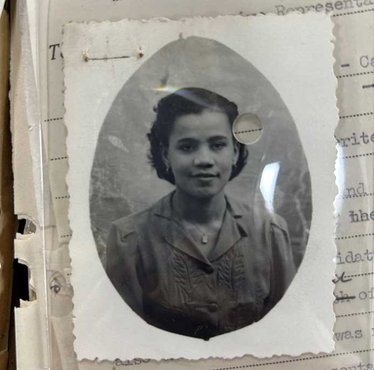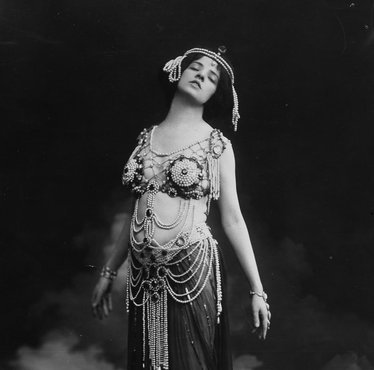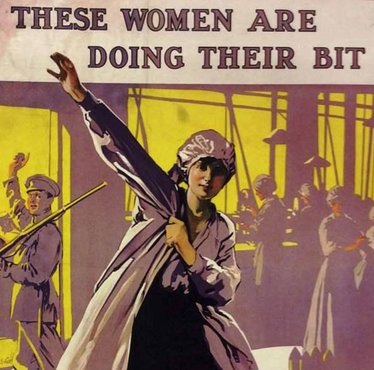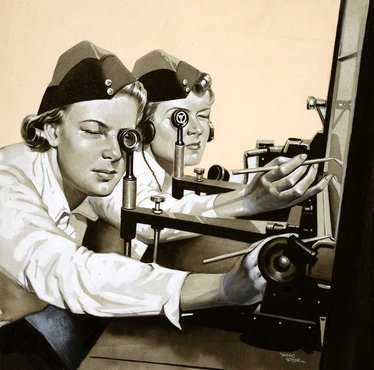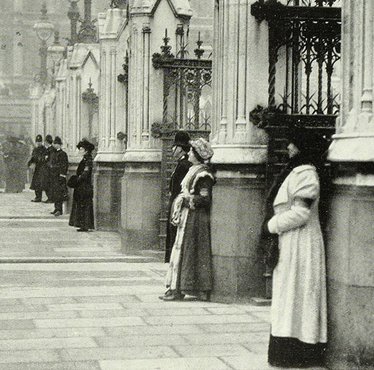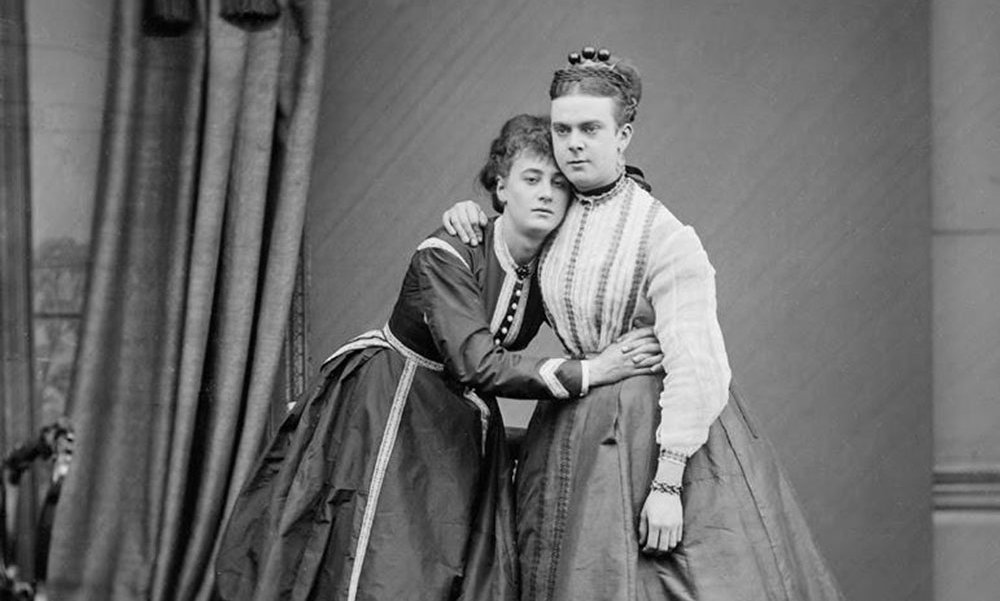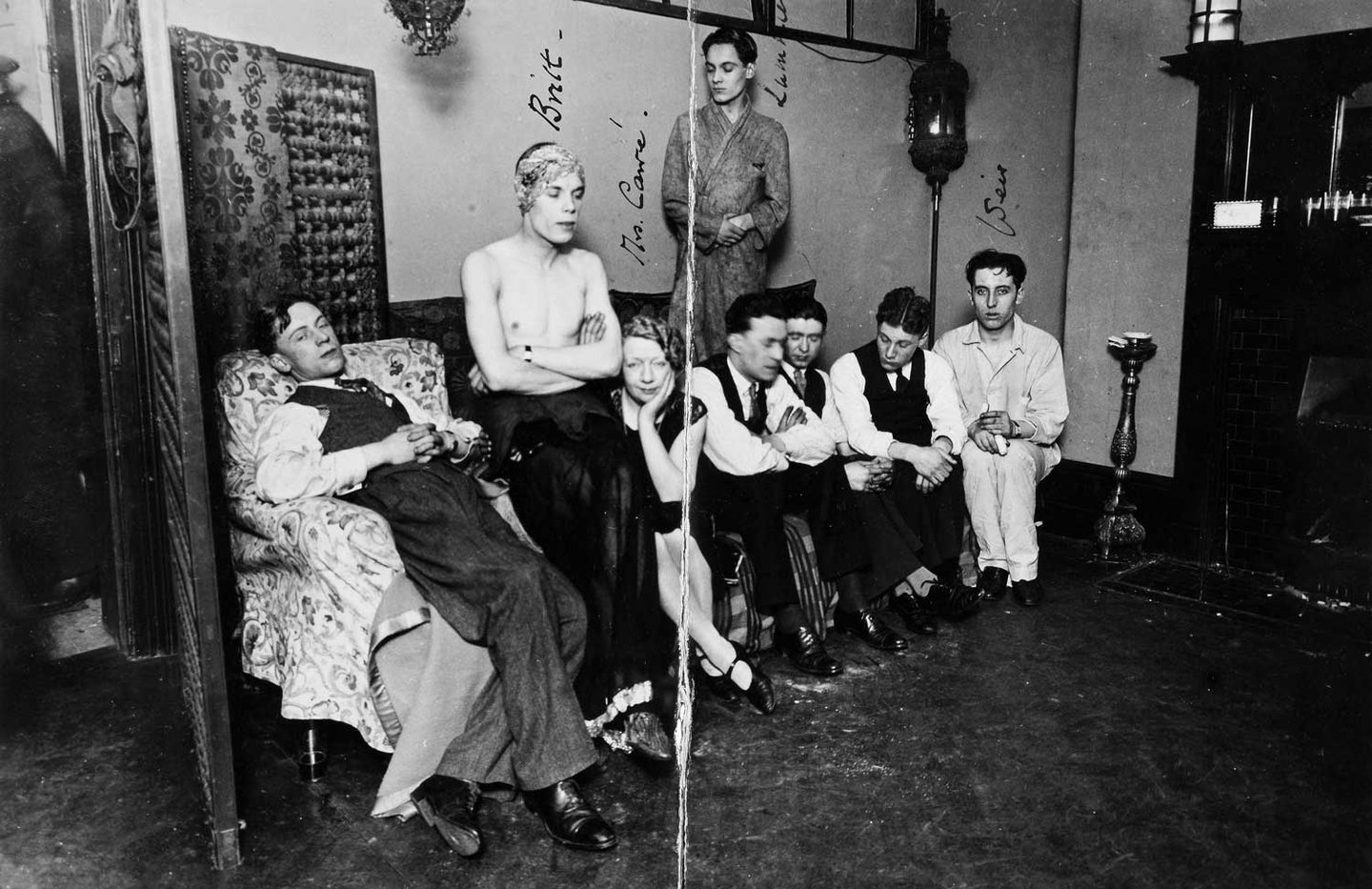
Identity and community
Our documents record the actions of the state, but offer glimpses of ordinary people and the communities they form based on senses of identity and belonging. They reveal stories of persecution, resistance, togetherness and action.
-
Policing sex in public toilets in 1930s London
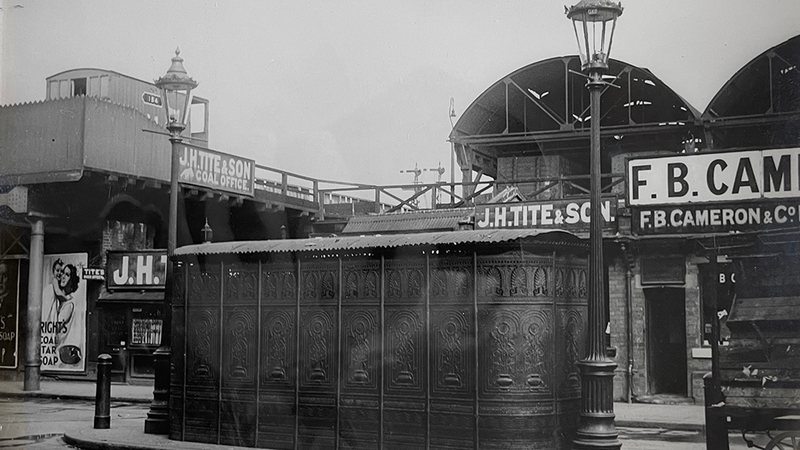
Records from the 1930s describe attempts to police sexual activities between men in public toilets – and officers’ thoughts on when to enforce the rules.
-
Queer connections: The policing of gay personal adverts in the 1960s
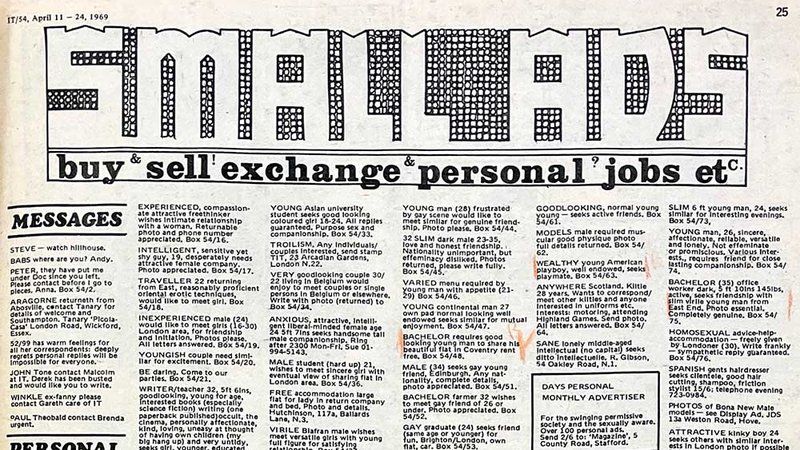
Records in our collection show how same-sex personal adverts published in the 1960s become part of a high-profile legal battle.
-
Sarah Parker Remond’s application to become a British Citizen
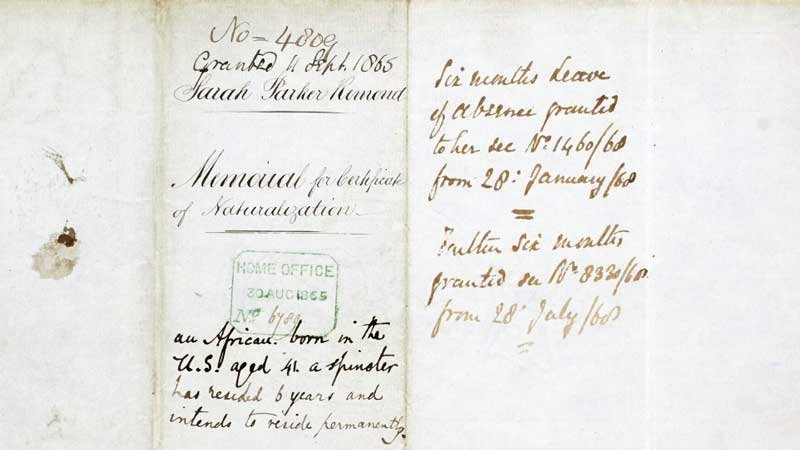
Sarah Parker Remond (1826–1894) fought for a more equal world as an abolitionist and suffrage supporter. Why and how did she apply for British citizenship?
-
Emily Capper and the 1934 Gresford Colliery disaster
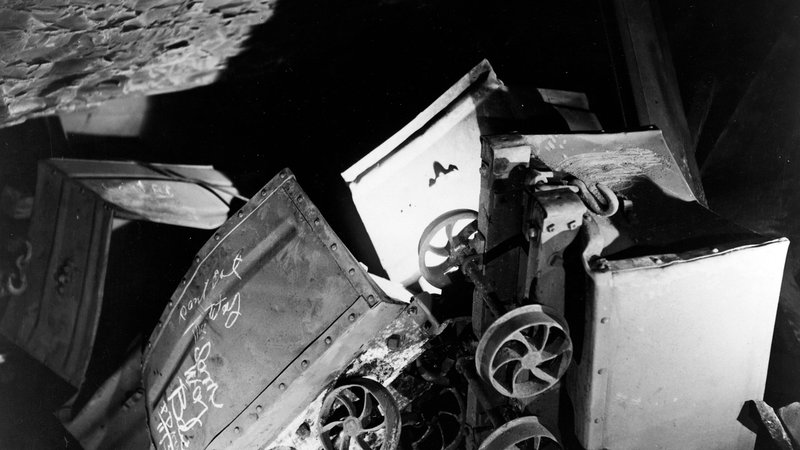
Our records tell the story of Emily Capper's desperate campaign to recover the bodies of the victims, including that of her son.
-
'Can we be counted too?' Recognising LGBTQ+ lives in the 1991 census
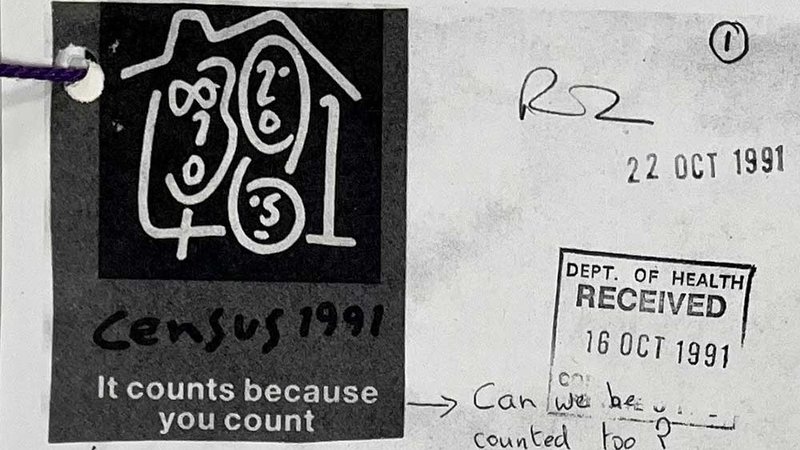
Until 2021, the census did not ask for information about sexuality. One letter in our collection gives a personal perspective on why this data was needed.
-
Sophia Jex-Blake, pioneer of women's medicine
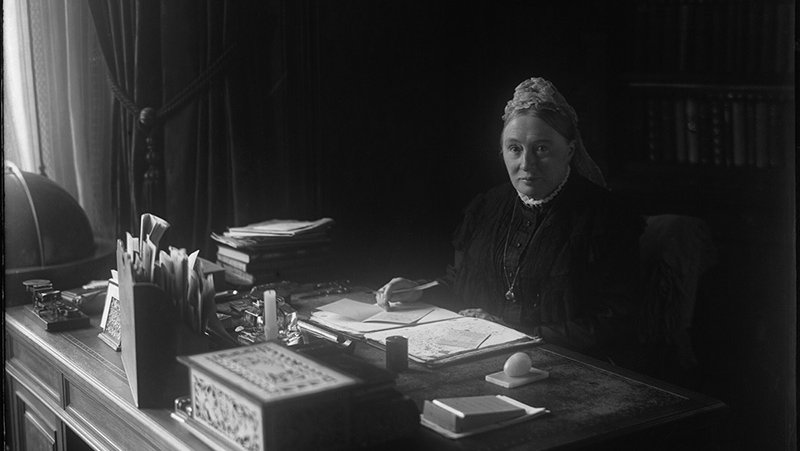
Sophia Jex-Blake (1840–1912) was a physician and campaigner who fought for women’s access to university education.
-
Evelyn Dove
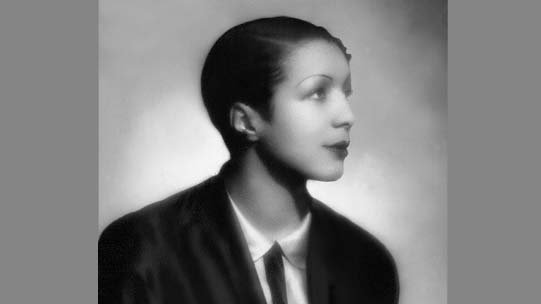
Singer and broadcaster Evelyn Dove (1902–1987) achieved a number of firsts including, in 1925, becoming the first woman of African heritage on BBC Radio.
-
How the first women's refuge enacted change in the UK
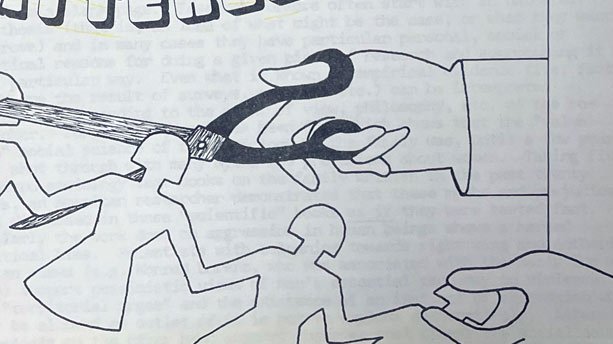
The founding years of Chiswick Women’s Aid saw the opening of the world's first women's refuge, disputes with local government, and creating change in the UK.
-
'Fallen' women of the real Albert Square

Who lived in the real Albert Square and what can their lives tell us about 19th-century London life?
-
Virginia Woolf’s death duty record

Death duty records can reveal a great deal about a person’s true feelings. What can we learn about the loves and friendships of author Virginia Woolf from hers?
-
‘Not acceptable’: Gay Switchboard’s attempts to become a charity

LGBT+ Switchboard is one of the oldest telephone helplines supporting queer communities in the UK. Its journey to register as a charity was not easy.
-
A queer working-class haven: Lady Malcolm’s Servants Balls
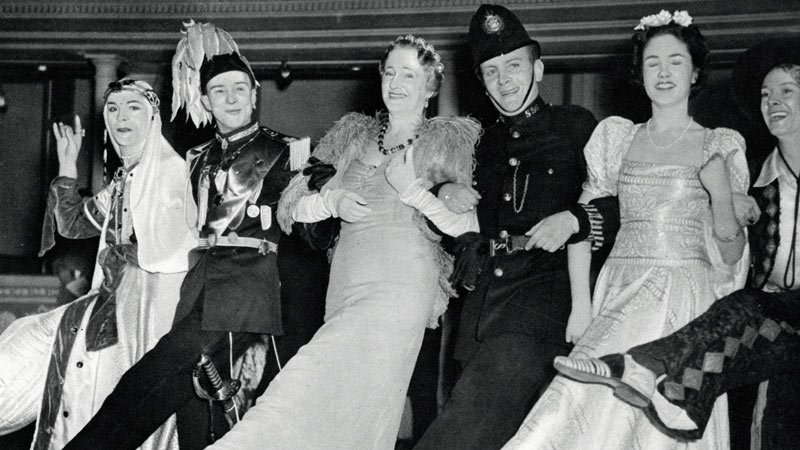
Lady Malcolm’s elaborate Servants’ Balls allowed queer, working-class staff to forge a unique space for themselves. But these events became plagued by scandal.
-
Section 28: impact, fightback and repeal
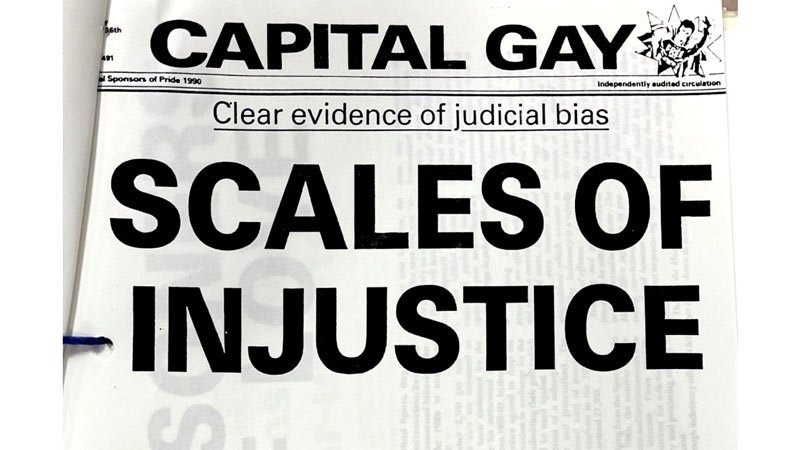
What was the everyday reality for LGBTQ+ people in the 80s and 90s living under the infamous Section 28, and how was it eventually repealed?
-
The WÃSÙ journal
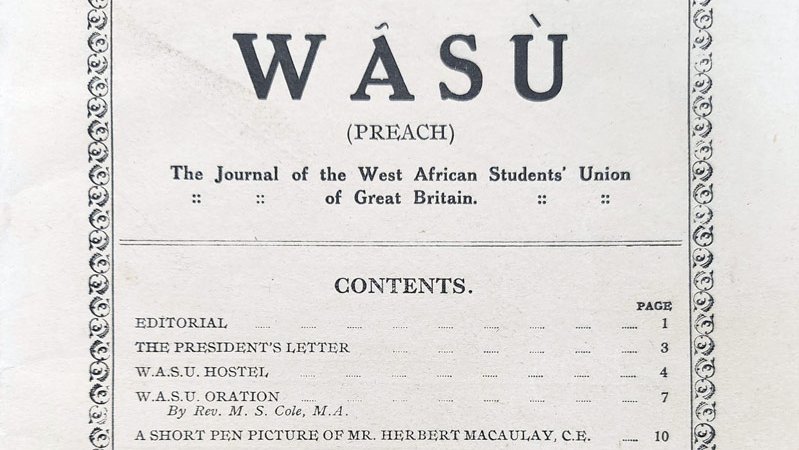
WÃSÙ was the journal produced by the West African Students’ Union (WASU) and distributed across Europe and Africa from 1926.
-
The origins of Section 28
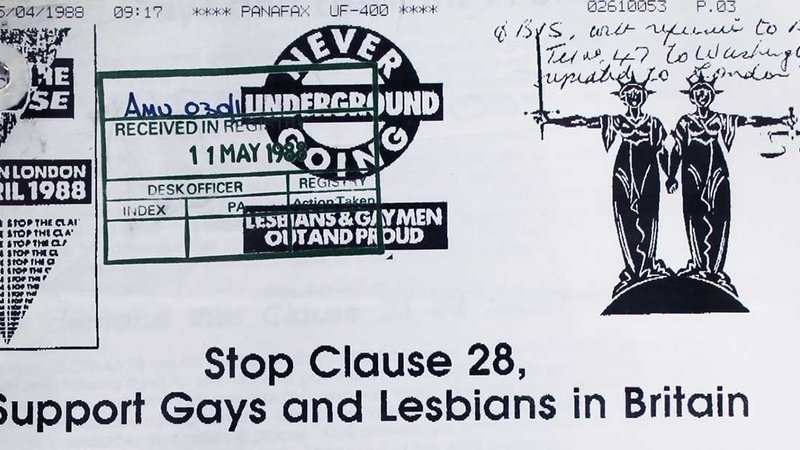
Section 28 of the 1988 Local Government Act negatively affected LGBTQ+ lives for decades. How did such a seismic piece of legislation come about?
-
John Blanke
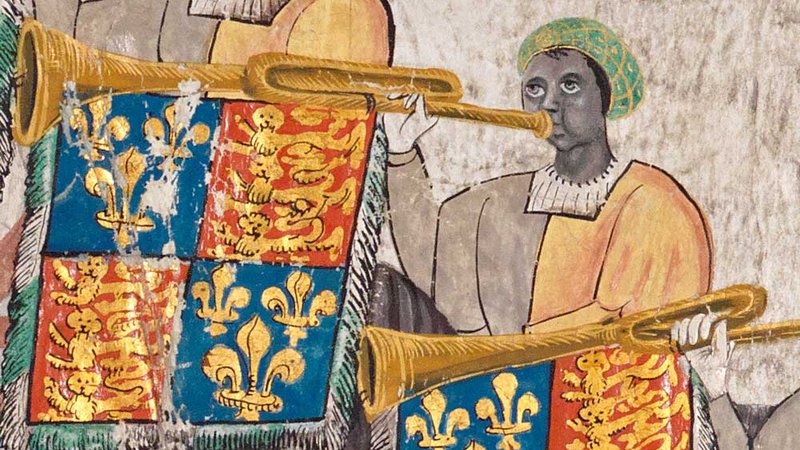
John Blanke was a trumpeter at the courts of Henry VII and Henry VIII. He is one of the earliest people of colour in England we have records about.
-
Photographs of the British Black Panthers headquarters
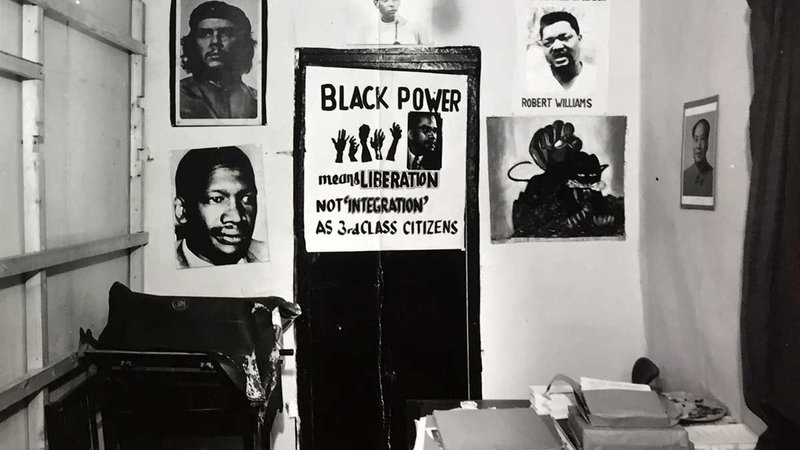
These photographs, captured through police investigations, give a unique insight into the heart of the early British Black Panther movement.
-
Robert Wedderburn

Robert Wedderburn (1762–1835) was a British-Jamaican radical preacher, abolitionist and writer.
-
Sir Learie Constantine

Sir Learie Constantine (1901–1971) was a renowned cricketer, author, politician and persistent campaigner for racial equality and justice.
-
Printed circular produced by the National League of the Blind

In 1920, hundreds of members of the National League of the Blind (NLB) marched 200 miles to campaign for support. This printed circular explains what happened.
-
Ivor Cummings
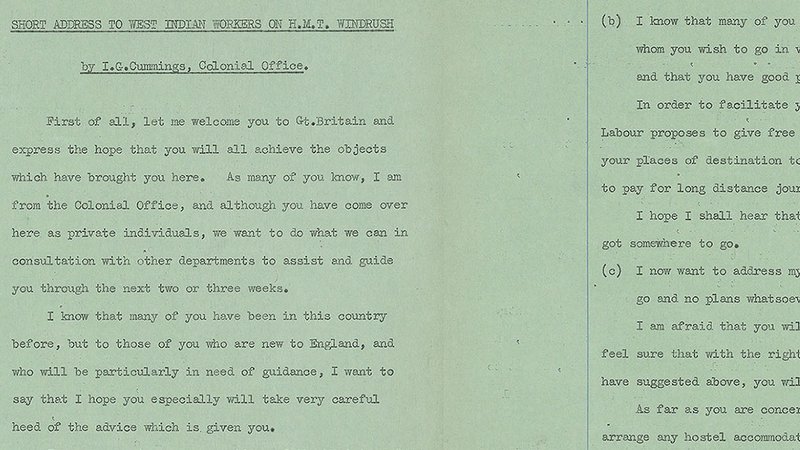
Ivor Cummings (1913–1992) greeted the iconic arrival of the Empire Windrush at Tilbury in 1948. He became known as the 'gay father of the Windrush generation'.
-
Insaaf

Insaaf was a film made by the government, filmed partly in Urdu, to promote employment rights under the 1968 Race Relations Act.
-
Ormonde, Almanzora and Windrush
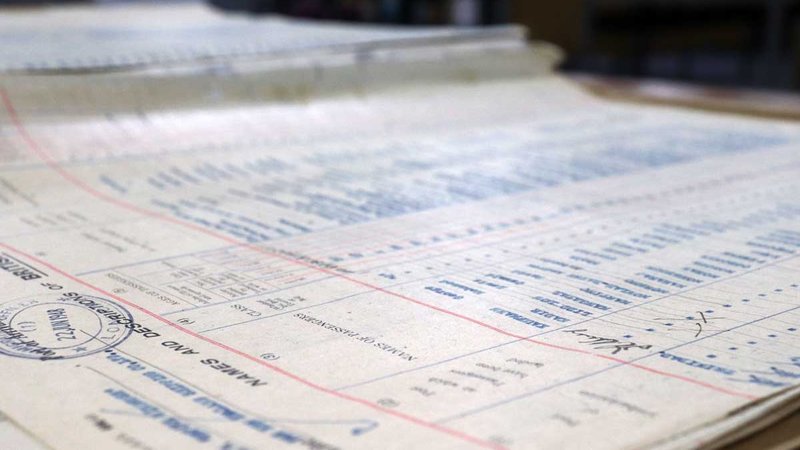
Passenger lists for the ships that carried post-war migrants from the Caribbean to Britain can be crucial resources for people tracing their family history.
-
Nancy Cunard
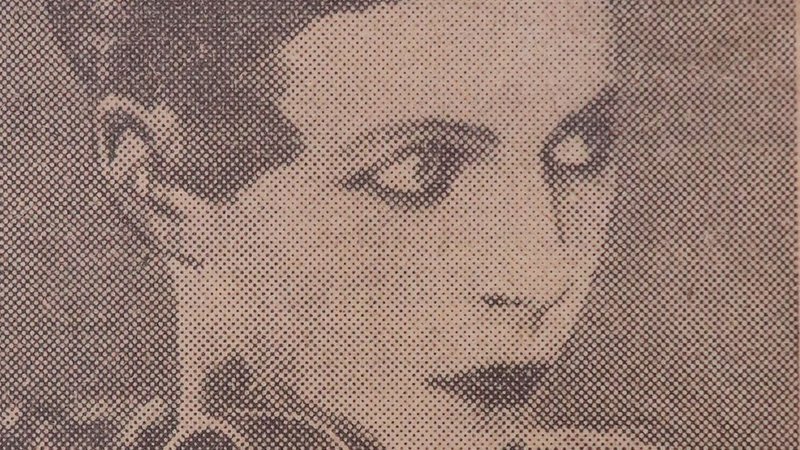
On the Windrush passenger list, white socialite Nancy Cunard (1896–1965) is described as a 'writer', but she was also a staunch activist for Black civil rights.
-
The Caravan Club
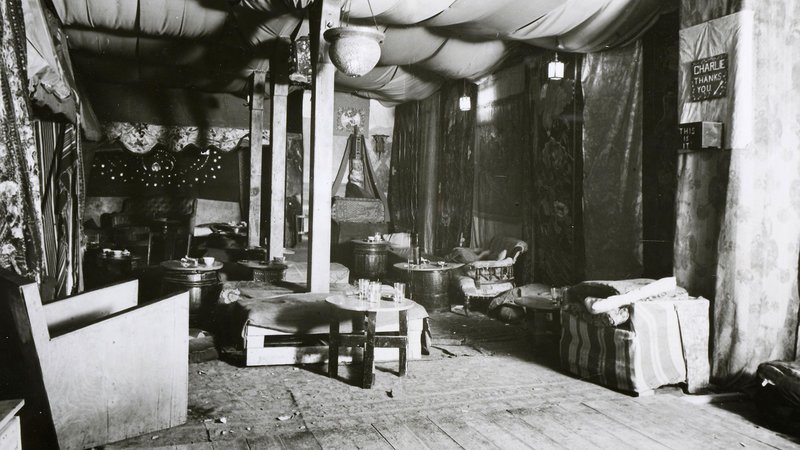
The police raid on a secret queer nightclub in 1933 gives an insight into the lives of gay men in interwar London and their defiance in the face of persecution.
-
Maud Allan
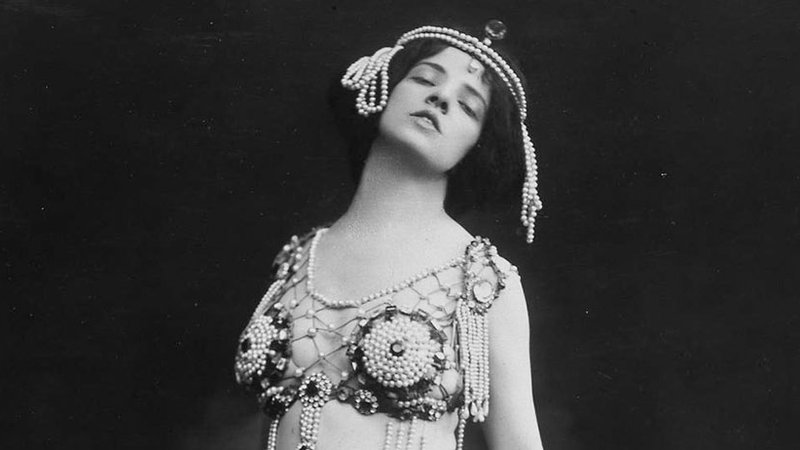
Maud Allan (1873–1956) was a celebrated West End dancer in the early 20th century until she became entangled in one of the most sensational trials of the 1920s.
-
Emmeline Pankhurst

Emmeline Pankhurst (1858–1928) was a tireless political activist, who led the WSPU – the militant faction of the movement for women’s suffrage.
-
Shapurji Saklatvala
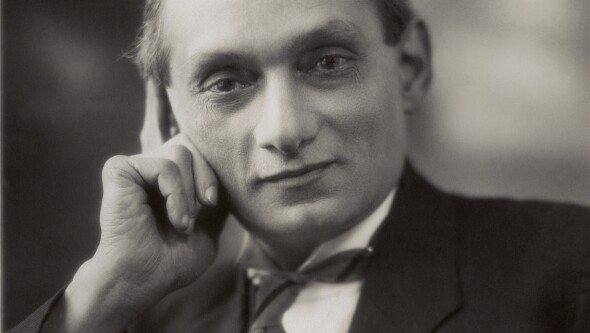
One of the first MPs of Indian heritage, Shapurji Saklatvala (1874–1936) was an agitator for change, which led to his surveillance by the Security Service.
-
Radclyffe Hall
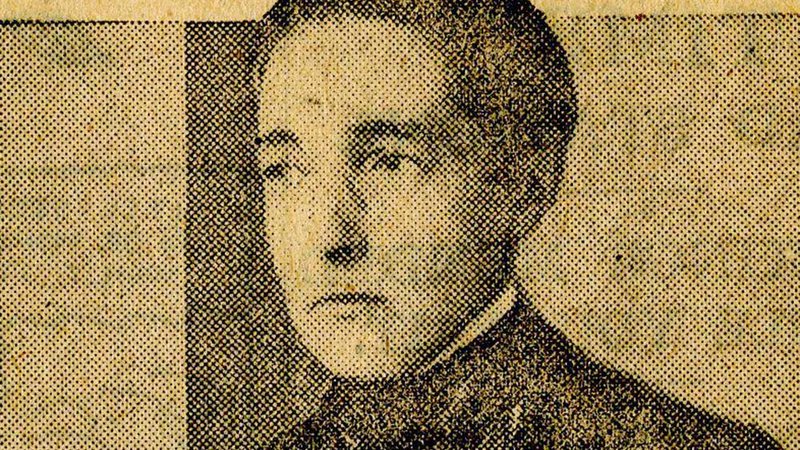
Radclyffe Hall (1880–1943) lived relatively openly as a lesbian in an era that condemned such relationships. Today she is an icon of LGBTQ+ literature.
-
The Mangrove Nine
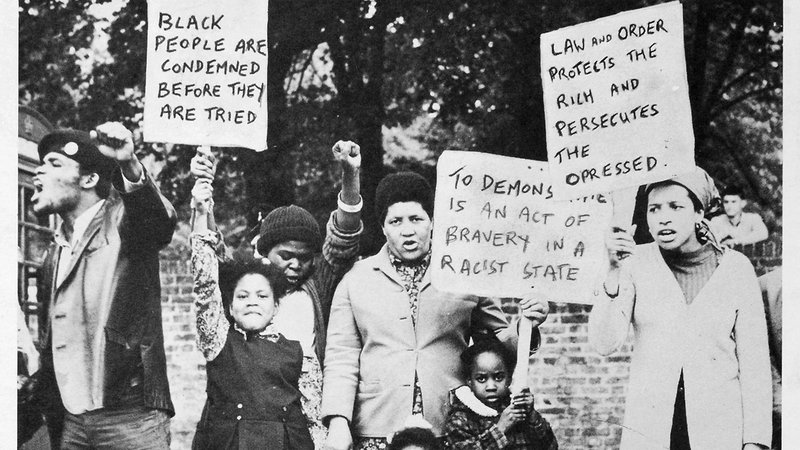
The trial of nine black protestors who were arrested while demonstrating in Notting Hill in the early 1970s became a public platform to criticise police racism.
